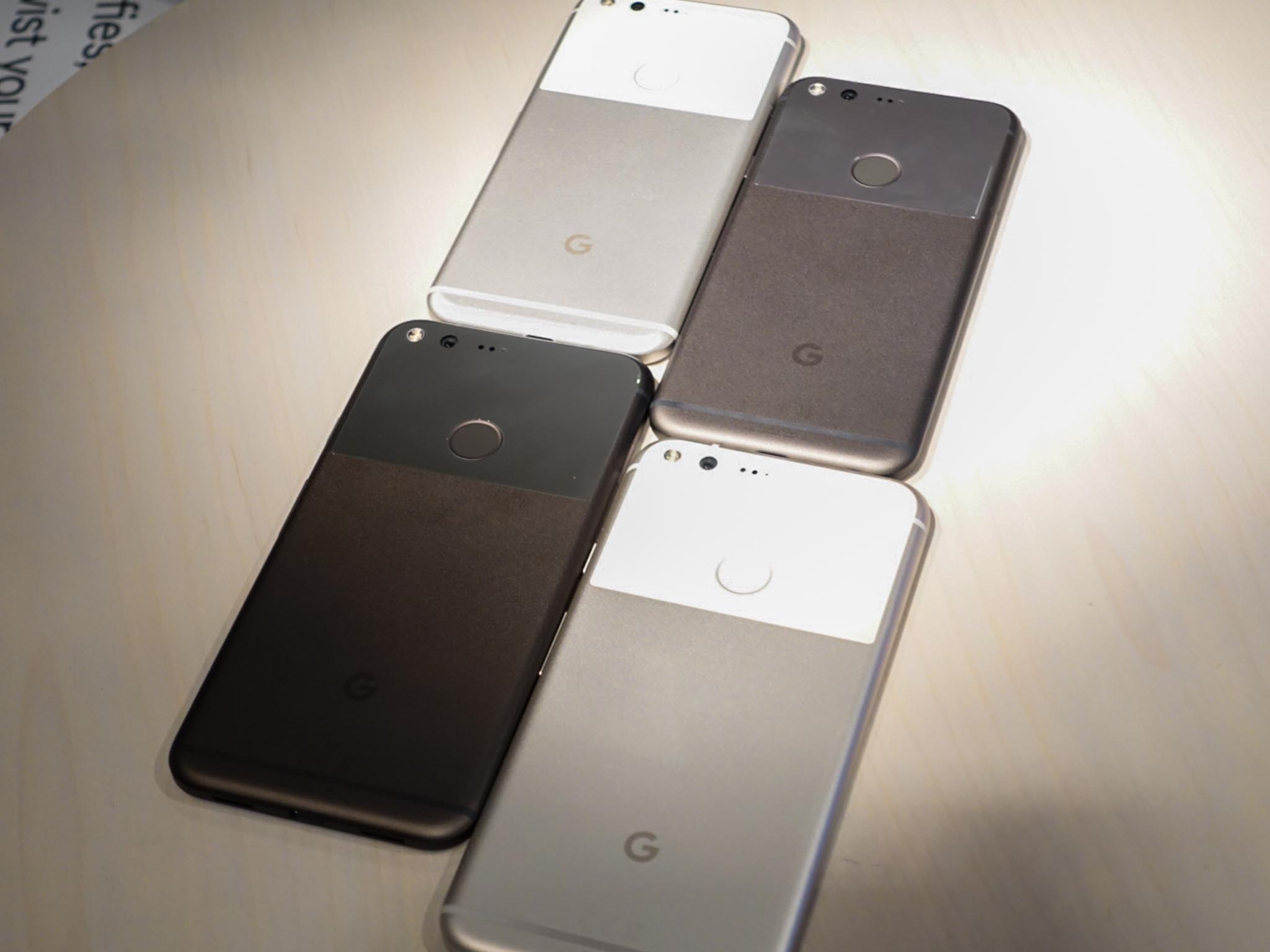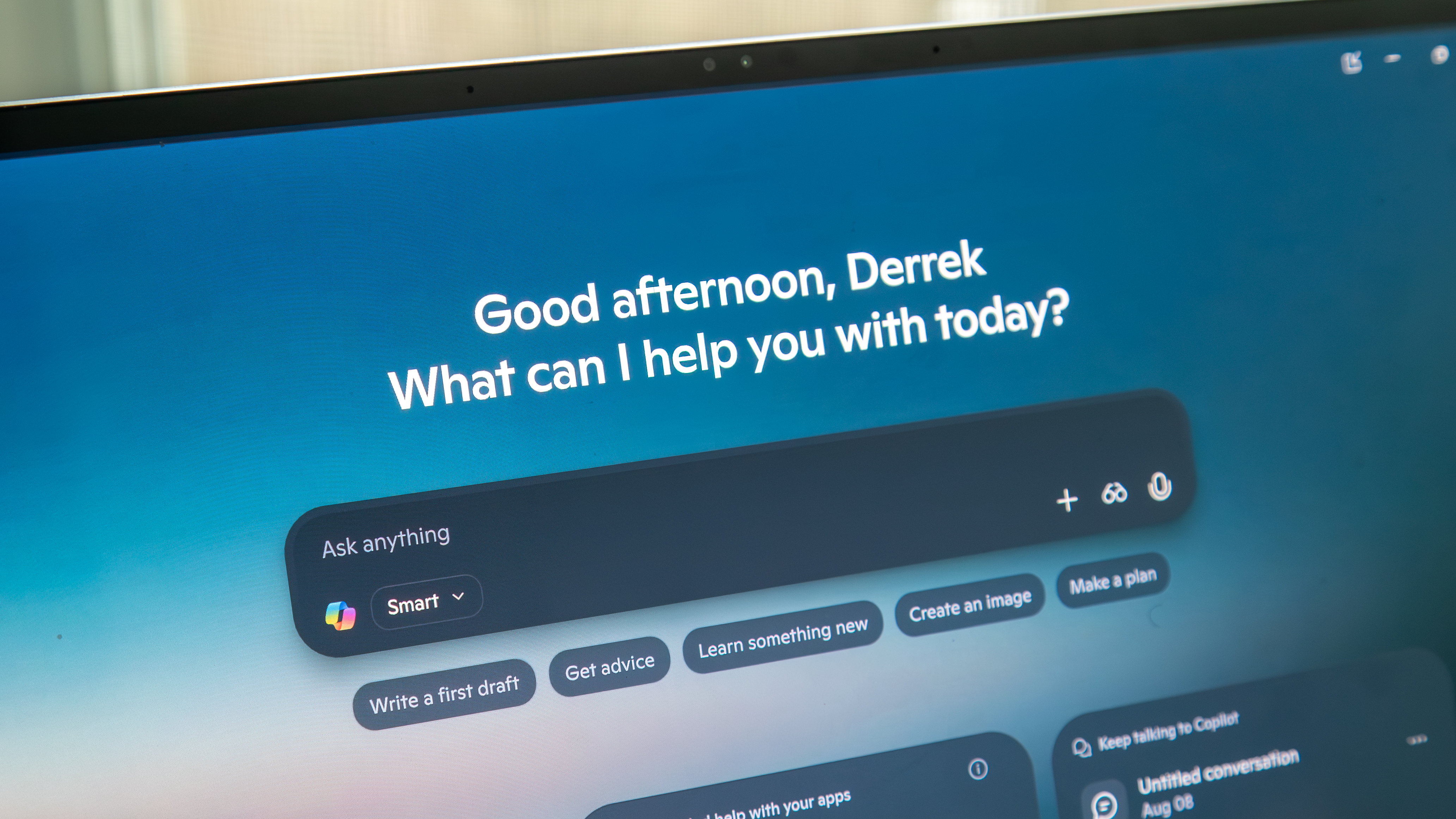The Nexus line is dead, says Android chief

Get the latest news from Android Central, your trusted companion in the world of Android
You are now subscribed
Your newsletter sign-up was successful
Google's Nexus line is dead, says Hiroshi Lockheimer, head of Android engineering at Google.
The Google executive spoke to Bloomberg about the decision this week as it launched its own Pixel phones, saying that "there is no plan right now to do more Nexus devices," squashing the persistent rumors that the company was working with Huawei to built a Nexus 7 tablet successor.
The move is not surprising for Google, since it has been endeavoring to build more of its own hardware in recent years. From the Chromecast to the Chromebook Pixel and Android-powered Pixel C, the company can count as many successes as it can failures, but the interesting part about this focus on smartphone hardware is that it believes it can coexist peacefully with the likes of Samsung and LG.
Google's internal hardware team will be treated similarly to any other Android OEM, including rivals Samsung and LG.
"Rick [Osterloh, new head of first-party hardware at Google] and his team will use our platform, but they will also work very closely with Google's Search team, or the Maps team, or the Assistant team in ways that perhaps other OEMs may not want to," says Lockheimer. In other words, Google's hardware team will be treated similarly to any other Android OEM — the way Osterloh used to function when he ran Motorola within Google just a few years ago. Essentially, Google has built a mini Moto within its own battlements.
"Samsung tells us confidential information about their product lineup, their plans," Lockheimer notes. "We won't tell LG that, and vice versa. That continues. Everyone is treated the same, including Rick's team."
That is perhaps the most interesting takeaway from the move to Pixel. Instead of partnering with OEMs on Nexus products each year, Google has instead built a silo inside the company, separating the hardware division — under Osterloh — from Lockheimer and the Android team.
Most people won't notice the difference — a non-curious Pixel user will merely understand that he or she is using a phone built by Google running Google software — but the enthusiasts among us have questions. For instance, if Google is treating its hardware division the same as Samsung and LG, what will this mean for updates? Google has already broken tradition by releasing the Pixel features that won't come to last year's Nexus devices in their entirety.
Get the latest news from Android Central, your trusted companion in the world of Android
While the Nexus 5X and 6P will reportedly be upgraded to Android 7.1 later this year through a developer preview, they are unlikely to get the Assistant built into the core OS, relying on legacy versions of Google Now and Now on Tap, recently renamed "Feed" and "Screen search" respectively, in its place.
While the Nexus 5X and 6P will be updated to Android 7.1 at some point, they probably won't get the features that Google is using to sell the Pixel phones to consumers.
That Lockheimer claims that Osterloh's internal hardware division will be "treated the same" as any other Android OEM is interesting, because the Pixel phones are being touted as the successors to the Nexus line in terms of updates. But whether those updates will be freely available on Google's developer portal for people to sideload, as they can with a Nexus 6P today, remains to be seen. It's also unclear how the Pixel phones will interface with Google's own developer community, whether the unlocked versions will function as testing devices for people ravenous for the latest and greatest source code. Google I/O, the company's annual developer conference, may look very different if the Pixel is treated as just any other Android phone, especially given the Android team's enthusiasm for releasing technical previews well in advance of the final versions' public release.
Google toed this line two years ago with the development of Android Silver, which was scrapped shortly before launch in favor of continuing the partnership approach — with Motorola. At the time, head of Android engineering, Dave Burke, told ReadWrite that there have always been "two outputs" for Android code.
We're building a Nexus device and we're building the open source code. There is no way you can build the open source code without the phone or tablet or whatever you are building. You have to live and breathe the code you are developing.You can't build a platform in the abstract, you have to build a device (or devices). So, I don't think can can or will ever go away. And then, I think Nexus is also interesting in that it is a way of us explaining how we think Android should run. It is a statement, almost a statement of purity in some respects. I don't see why we would ever turn away from that, it wouldn't make sense.
It's clear how the narrative has changed since then, as Google ramped up the design and production of its first smartphone line. The Pixels are less about "a statement of purity" as they are about Google finally being opinionated about how it feels a smartphone should look, feel, and operate.
While Google hasn't given us any reason to think that the Pixels won't naturally succeed the Nexus line from an update perspective, many of the restrictions imposed on Osterloh's team may have unintended consequences, and may put off fans of the Nexus program, who will no longer be able to cling onto their flawed heroes of yesterday.

Daniel Bader was a former Android Central Editor-in-Chief and Executive Editor for iMore and Windows Central.
